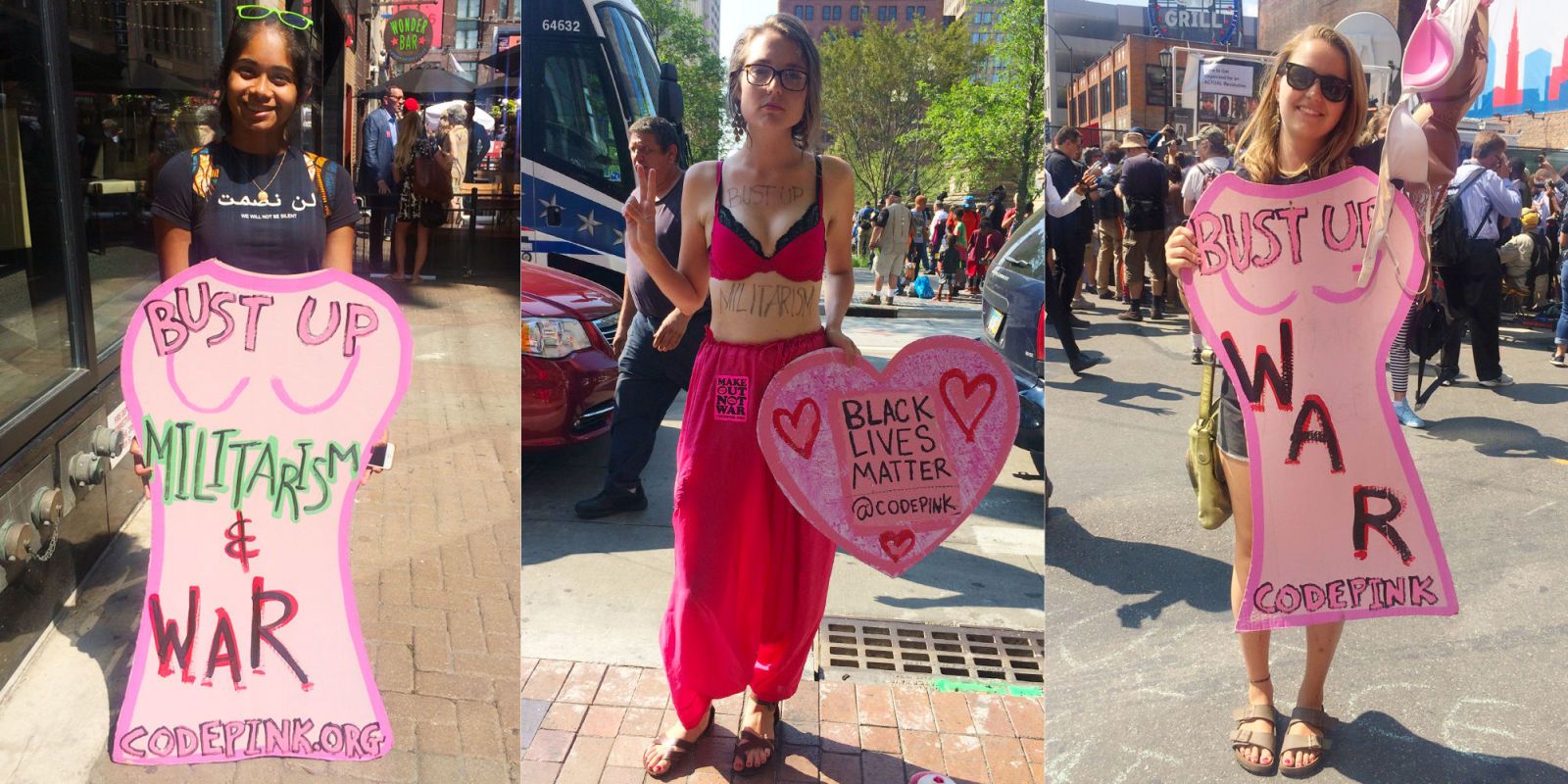


Landmarks on every continent lit up with the colors of the French flag, including the White House, the Sydney Opera House, Burj al-Khalifa, Christ the Redeemer, and dozens more. In the days following the tragic attack last November, millions of people around the world expressed solidarity through hashtags like #PrayForParis and #JeSuisParis. I understand why it was so easy for Americans to “be” Paris-Paris is a city just like our cities, a city many of us have been to, and the Parisians who lost their lives attending a rock concert on a Friday night were no different than any of us or our friends. More importantly, neither is what it seems. The media’s use of terms like “radical Islamic terrorism” conflate the political and the religious, the Arab world and the Muslim world, which are overlapping but definitely not identical geographic spheres. Vast, transcontinental differences in language and culture are painted over when we discuss the Muslim world as a monolithic entity. In studying international affairs and being constantly surrounded by white Americans studying international affairs, I have noticed that even among the highly educated, misperceptions of the third world are widespread and pervasive. I know now that the roots of radicalism in the Middle East extend even further back and that US and Western intervention has fanned the flames for many decades, but what I and many others tend to forget is that these places are more than war zones on our TV screens, that life goes on everywhere. Since then, it feels like one of the only constants in my life has been, unfortunately, instability in the Middle East. I vaguely remember learning that our President was a man named Bill Clinton, but I do not remember anything significant about the political world until it was redefined on September 11, 2001. This article is about why we were all Paris when a terrorist attack killed 130 people, but so many of us are not willing to be Istanbul (or Dhaka or Baghdad or Medina).

This article is about Istanbul, a city that has persisted through six regimes, two name changes, and over 2,500 years of dynamic history. I could fill a textbook dissecting Turkey’s tumultuous past year of terrorist attacks, its longstanding conflict with its Kurdish minority, and its place in the Syrian Civil War and resulting relationship with the Islamic State, but that is not what this article is about. Since I started writing this article three days ago, further terror attacks have claimed 22 in Bangladesh, over 250 in Iraq, and 4 in three separate bombings across Saudi Arabia. Three months later, 10 were killed in a popular tourist area in Istanbul. On October 10, 2015, over 100 Turkish activists were killed by twin explosions at a peace rally in Ankara, the country’s capital.


 0 kommentar(er)
0 kommentar(er)
